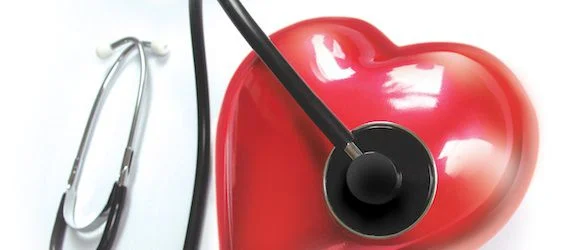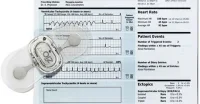A recent study conducted by Jiang He, M.D., Ph.D., of the Tulane University School of Public Health and Tropical Medicine, New Orleans, aimed at examining the impact of blood pressure reduction within 48 hours following a stroke.
Dr He and his colleagues investigated whether lowering of BP in that timeframe would reduce death and major disability rates at 14 days or hospital discharge.
Stroke is the second foremost cause of death, and the most significant cause of long-term and serious disability globally. Previous clinical trials have shown that risk of stroke in hypertensive and normotensive patients, who have previously suffered a stroke or transient ischemic attack, can be reduced by lowering their blood pressure.
According to the article, the impact of urgent antihypertensive treatment in patients having suffered acute ischemic stroke and high BP is uncertain, despite the benefit of reducing BP for primary and secondary stroke prevention having been established.
The study entitled ‘China Antihypertensive Trial in Acute Ischemic Stroke’ is a randomized controlled trial, which included over 4,000 hospitalised patients who suffered an ischemic stroke within 48 hours of symptom onset and elevated systolic blood pressure. Lasting four years and ending in May 2013, the trial recruited patients from 26 hospitals across China.
Half the patients were given antihypertensive treatment with the aim of lowering systolic BP by 10% to 25% within the first 24 hours after randomization, attaining blood pressure lower than 140/90 mm Hg within seven days and sustaining this level during hospitalization, with the other half discontinuing all antihypertensive medications during hospitalization (control group).
In the first group, within 24 hours, average systolic BP was reduced by 12.7% to 144.7 mm Hg, whereas the reduction in the control group was 7.2% down to 152.9 mm within 24 hours after randomization. At day 7 average systolic blood pressure was 137.3 mm Hg in Group 1, and 146.5 mm Hg in the control group. The primary outcome, which was a combination of death and major disability at 14 days or hospital discharge, did not differ between treatment groups at 14 days or hospital discharge, and neither did the secondary composite outcome of death and major disability at 3-month follow up after the treatment.
In conclusion the authors suggest that lowering blood pressure with antihypertensive treatment in acute ischemic stroke patients neither improves nor worsens outcome, and thus the decision should be made on the basis of individual clinical judgment.
Source: JAMA
18 November 2013
Latest Articles
Stroke, BP, ischemic stroke
A recent study conducted by Jiang He, M.D., Ph.D., of the Tulane University School of Public Health and Tropical Medicine, New Orleans, aimed at examining...










